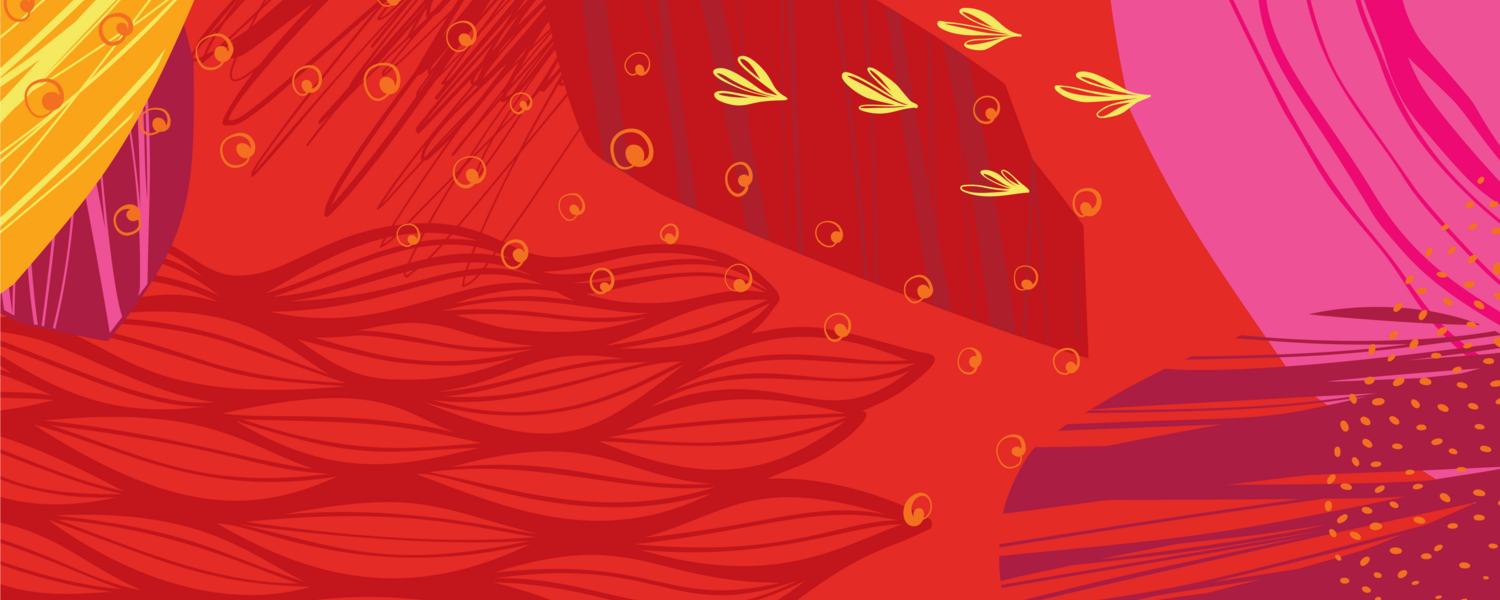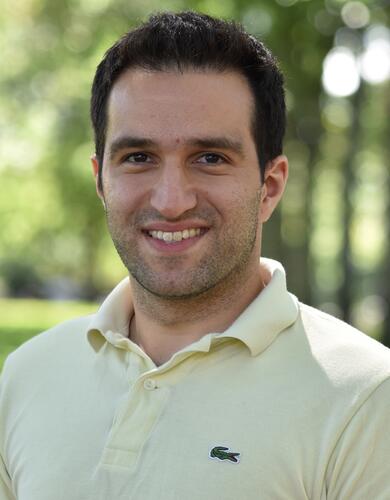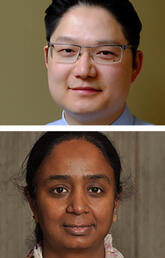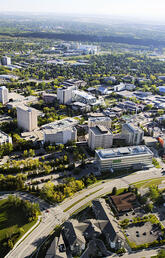Dr. Omid Haji-Ghassemi, PhD, an assistant professor in the Faculty of Science at the University of Calgary, wants to understand how dysfunction in cellular processes can trigger heart disease and other conditions.
He recently received a John R. Evans Leaders Fund (JELF) award from the Canada Foundation for Innovation and a Heart and Stroke Early Investigator Award to support his work.
Brain and muscle cells depend on electrical signals, generated within the body, to function properly. When these signals are disrupted a lot can go wrong, including cardiac dysfunction, sudden cardiac death, mental disorders, and chronic pain.
Electrical signals rely on specialized proteins, called ion channels, which open and close in response to electrical, chemical or mechanical signals, allowing the charged ions to move in and out of the neurons and muscle cells. This process is known as cellular communication, and a special group of proteins, called kinases, is responsible for its regulation.
Faulty kinases result in disease, including serious arrhythmias, but the mechanisms behind this aren’t well understood. Haji-Ghassemi wants to change that.
Using powerful electron microscopes, X-ray instruments and other tools, his lab is building and comparing 3D models of healthy and genetically mutated kinases with the goal of developing therapies for people with heart and neuromuscular disorders.
“By looking at this group of under-studied proteins, we hope to develop new treatments and help predict the severity and type of disease,” he says.
Haji-Ghassemi’s interest in this research is personal. Both he and his mom have congenital heart conditions. His condition causes a slower than normal heart rate, and he occasionally has heart flutters when he exercises.
“I am interested in learning about my own heart condition and other patients who may have similar or worse symptoms,” he says. “I am especially focused on learning more about how stress conditions trigger arrhythmias (irregular heartbeats), as a way of preventing them.”
Researching proteins in the body leads to another area of study
In addition to his work on heart conditions, Haji-Ghassemi has taken on a project with UCalgary’s Dr. Hans Vogel, PhD, investigating a protein called L-plastin. This protein is important in wound healing, tissue growth and in cell movement, but it’s also connected to the spread of aggressive cancers.
This research involves using powerful imaging and other approaches to better understand how L-plastin works at the cellular level and how changes in its DNA sequence affect its function. The goal of the research is to find ways to inhibit the growth and movement of cancer cells.
Haji-Ghassemi grew up in Norway. He completed his undergraduate and PhD degrees at the University of Victoria in B.C. He then moved to Vancouver for his postdoctoral work at the University of British Columbia. It was during this time that he became interested in the interaction between kinases and ion channel receptors in the heart and other muscle cells.







